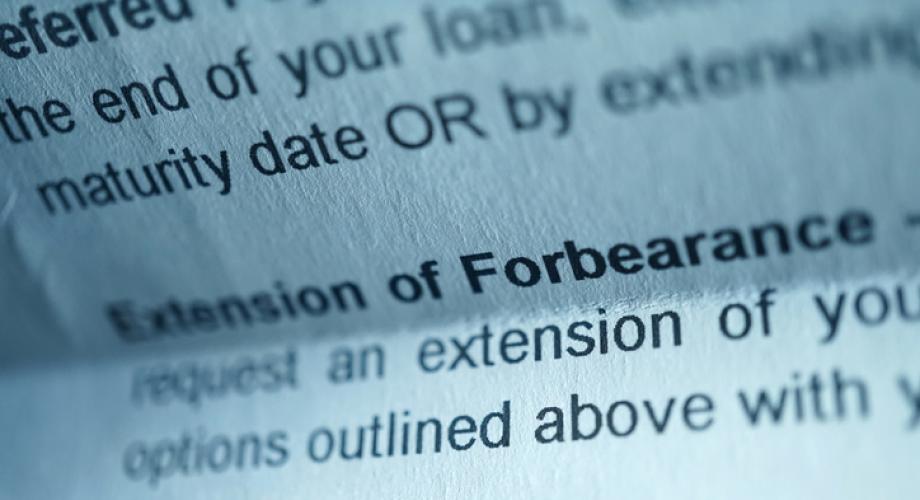Yesterday, the Federal Housing Finance Agency (FHFA) announced that Fannie Mae and Freddie Mac (the Enterprises) are allowing multifamily loan borrowers with existing forbearance agreements to extend the total forbearance period for up six months total. The forbearance extension is available for property owners of qualified properties with an Enterprise-backed multifamily mortgage experiencing a financial hardship due to the coronavirus national emergency.
As before, property owners are prohibited from evicting residents in covered properties due to nonpayment of rent during the forbearance period. Unlike borrowers, residents are not required to show COVID-19 related financial hardship.
The FHFA’s announcement also adds new owner and renter protections that apply during the repayment period. Once forbearance concludes, owners of properties with forbearance agreement extensions may qualify for up to 24 months to repay missed payments. Forbearance extensions, repayment schedule modifications and new forbearance agreements result in the following requirements during the repayment period:
- Residents must be given at least a 30-day notice to vacate;
- Borrowers must suspend late fees or penalties for nonpayment of rent; and
- Borrowers must allow residents the flexibility to repay outstanding balances over time and not in a lump sum.
More details can be found on Fannie Mae and Freddie Mac’s websites. To learn more about qualification standards and the new renter protection requirements, contact your lender or mortgage servicer.
This announcement is specific to multifamily properties and separate from the Federal Housing Administration (FHA) and FHFA’s announcements to extend their single-family only moratoria until August 31, 2020. These apply to foreclosures and evictions in single-family homes with a federally-backed mortgage through these agencies.
As residents and property owners alike struggle with the financial effects of COVID-19, NAA continues to fight for mortgage forbearance for all property types, broad flexibility in terms of these agreements and to ensure that eviction protections never exceed the length of forbearance. It is critical now more than ever that we continue to work with Congress and federal agencies to protect the stability and viability of the rental housing industry. Emergency rental assistance is the first, best solution to the challenges facing rental housing. An extended eviction moratorium does nothing to keep renters stably housed or steady the nation’s rental housing stock.
As always, your help is needed in communicating this message to federal policymakers. Contact NAA here to learn more about how you can help.
